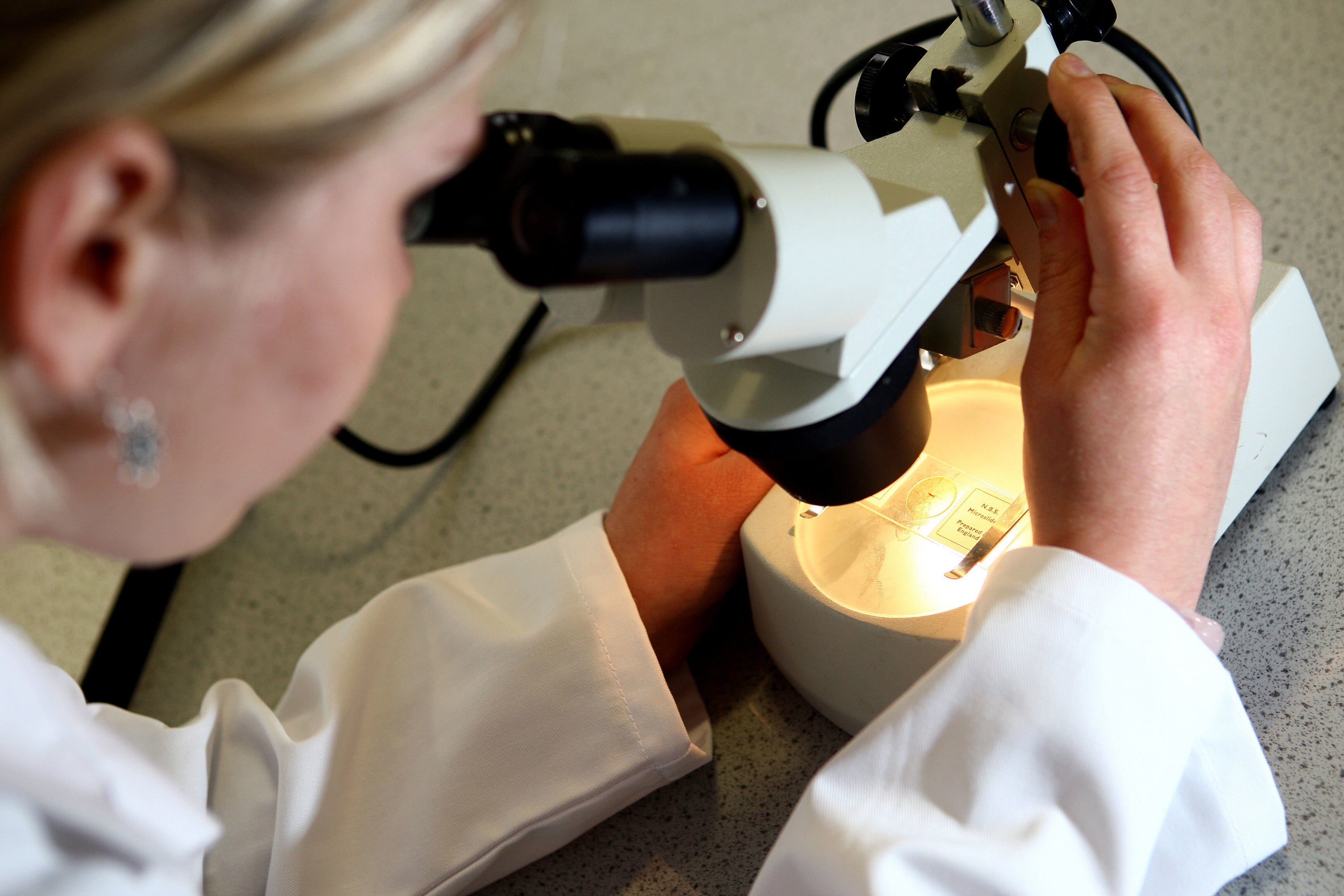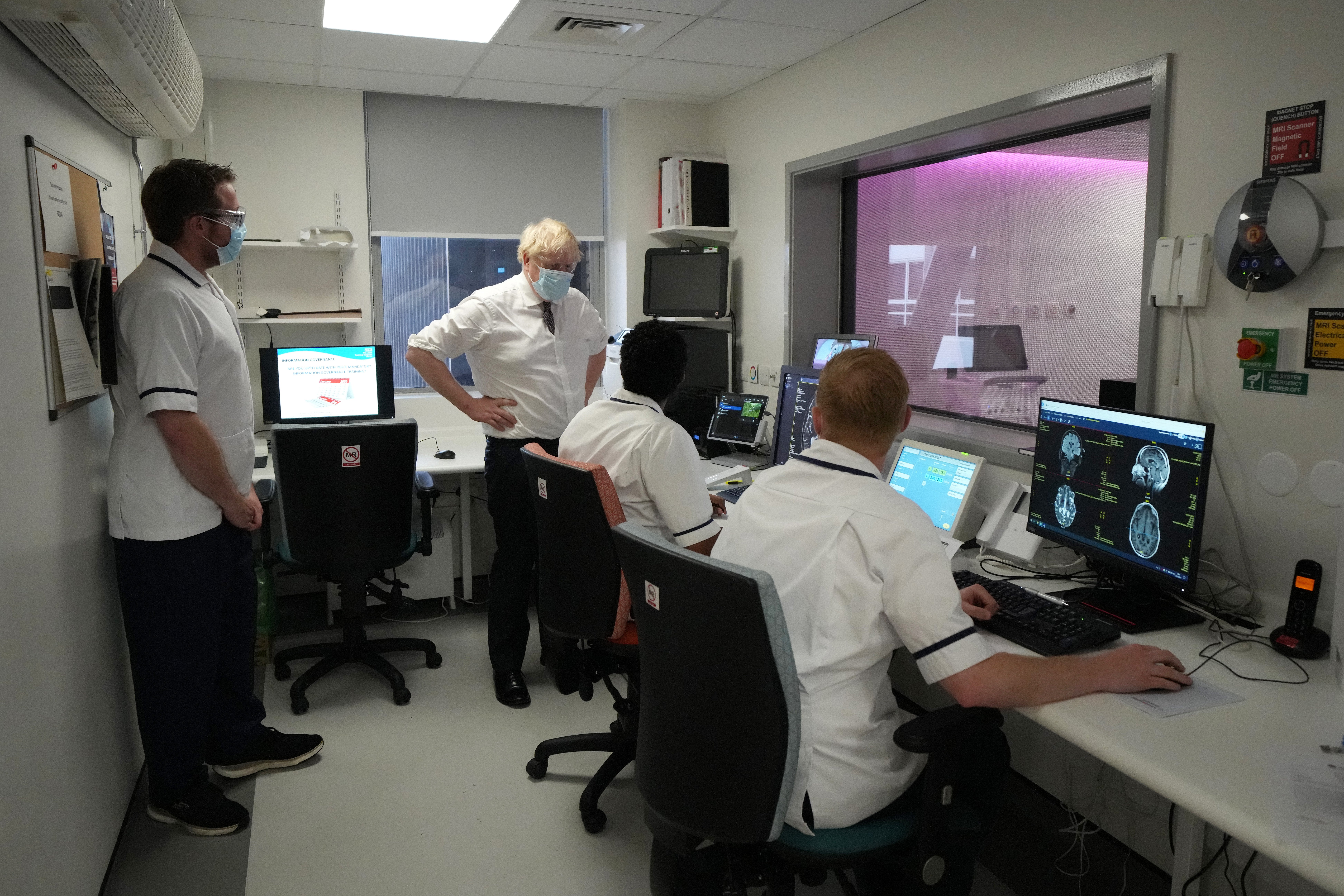Prostate cancer screening possible in five years, expert says
Around 50,000 men in the UK are told they have the disease each year and one in eight will be diagnosed in their lifetime

Technological advances mean it may be possible to screen for prostate cancer in the next five years, one of the UK’s leading experts has said.
At present there is no national screening programme for the disease, but Ros Eeles from the Institute of Cancer Research hopes that will change.
“With the advances in genetics and also imaging, particularly MRI realistically we do need some more data, but we’re probably looking at getting close to a tailored screening programme in the next three to five years,” the professor of oncogenetics said.

“We might need to use all of them together … so we can find those who have significant disease,” she added in comments to Radio 4’s Today programme.
Around 50,000 men in the UK are told they have the disease each year and one in eight will be diagnosed in their lifetime.
A blood test known as Prostate-Specific Antigen (PSA), which detects proteins in the prostate gland, can be used to evaluate a patient’s risk of getting the disease, but it does not accurately distinguish between dangerous cancers from harmless ones.
This, the researchers say, can lead to both unnecessary operations and missed cancers that are harmful.
Bookmark popover
Removed from bookmarks